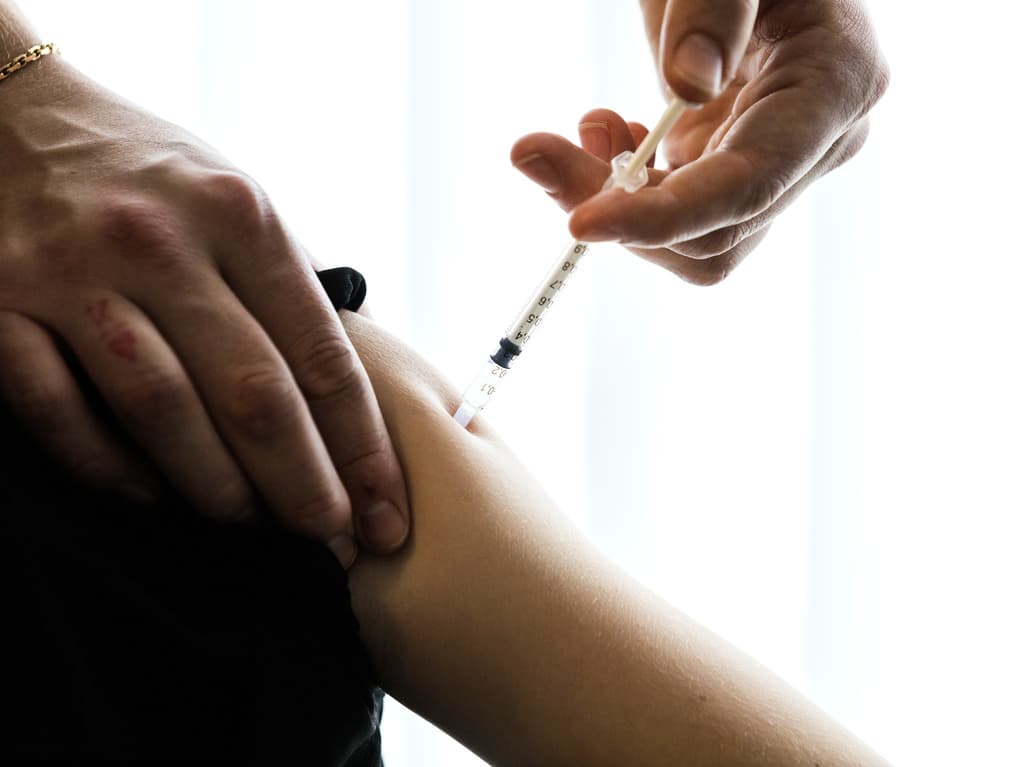The number of whooping cough cases has increased sharply since May. Now, the Public Health Agency is urging parents to protect their infants from infection.
It's the youngest children who can get really seriously ill, says state epidemiologist Magnus Gisslén.
The number of whooping cough cases has been relatively low during the COVID-19 pandemic and the following years. But the disease has started to increase again, with a particularly sharp rise since May.
So far this year, 448 cases have been reported, according to the Public Health Agency. In 50 of the cases, it concerns children under one year old.
Whooping cough can be life-threatening for infants. Several deaths have been reported in Europe this year, including in Sweden.
We are aware of individual deaths among small children in Sweden this year, says Magnus Gisslén.
It's obviously extremely tragic when infants die from a disease that we can actually do something about.
The increase in the number of cases is believed to be due to the decreased immunity to the disease during the pandemic. The Public Health Agency also expects an increased number of cases in the coming months.
This makes it important to protect especially the youngest children, through vaccinations and by reducing the risk of infection.
It can be a troublesome disease even for slightly older children, especially if you're not vaccinated. But the risk of death or serious illness is among those under six months old, says Magnus Gisslén.
Whooping cough is a contagious disease that usually goes away on its own for most people. For infants, however, it can be a life-threatening disease.
The vaccine against whooping cough is part of the general vaccination program and is free of charge.
The recommendation is for children to be vaccinated from three months of age and for pregnant women to take the vaccine after week 16 of pregnancy.
To reduce the risk of infection, infants should not meet people with respiratory symptoms such as coughing or sneezing.
Source: The Public Health Agency and 1177.se.






